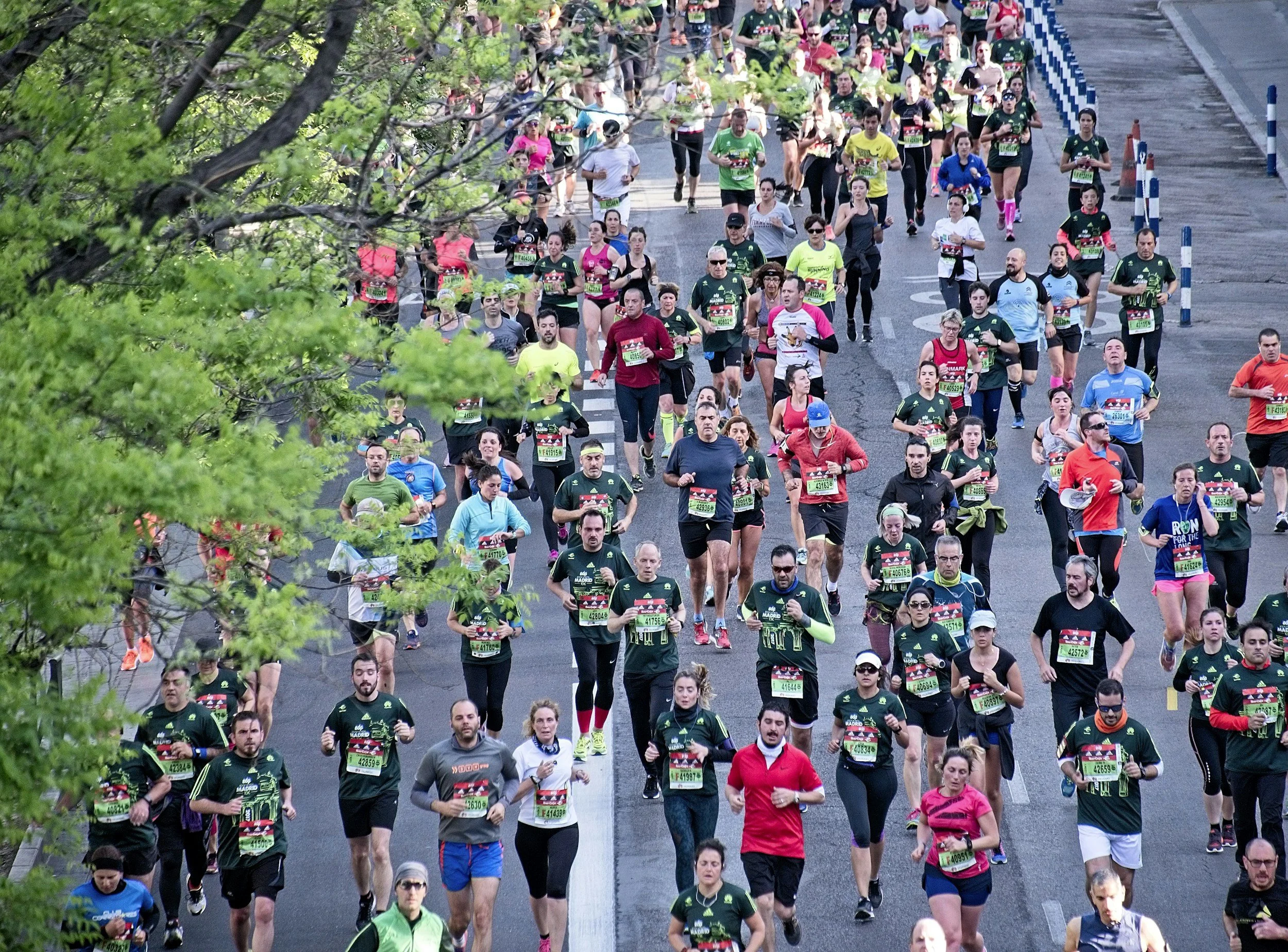How Physiotherapy Can Support You During Marathon Training
Training for a marathon is no small feat. It requires a blend of discipline, physical endurance, and mental resilience. However, even the most prepared runners can encounter setbacks, whether it’s an injury, discomfort, or simply trying to optimize their performance. This is where physiotherapy can help. By incorporating physiotherapy into your training routine, you can minimize injury risks, enhance performance, and ensure a smoother path to the finish line.
Preventing Injuries Before They Start
One of the most significant benefits of physiotherapy is its role in injury prevention. Marathon training involves repetitive, high-impact movements that can put stress on your muscles, joints, and connective tissues. A physiotherapist can:
Assess biomechanics: Identifying inefficiencies in your gait or running mechanics that may lead to overuse injuries such as runner’s knee, Achilles tendinopathy, or shin splints.
Recommend exercises: Strengthening weak muscles, improving flexibility, and enhancing stability to balance your body’s movement patterns.
Create a personalized plan: Tailoring a program specific to your body and training goals to address potential problem areas before they become injuries.
Recovering From Minor Aches and Pains
It’s normal to experience minor discomfort during marathon training. Physiotherapy can help address these early warning signs before they escalate into more serious issues. Techniques such as soft tissue mobilization, manual therapy, dry needling and targeted exercises can:
Reduce muscle tightness and soreness.
Improve efficiency
Restore/increase range of motion and functional movement.
Rehabilitation for Injuries
Despite best efforts, injuries can still happen. Physiotherapists are experts in guiding runners back to peak performance safely and efficiently. Whether it’s a stress fracture, IT band syndrome, or plantar fasciitis, a physiotherapist will:
Diagnose the injury: Using their clinical expertise to pinpoint the root cause.
Create a structured rehab program: Helping you regain strength, mobility, and confidence to return to training.
Offer cross-training advice: Keeping your fitness up while avoiding further aggravation of the injury.
Enhancing Performance
Physiotherapy isn’t just for injury prevention and recovery. It can also help you achieve new levels of performance. By focusing on areas such as:
Core stability: A strong core improves running efficiency and reduces fatigue.
Flexibility and mobility: Better range of motion decreases injury risk.
Strength training: Building resilient and strong muscles that can withstand the demands of marathon running.
Neuromuscular coordination: Improving motor control to maximize efficiancy and minimize fatigue during your runs.
Whether you’re a seasoned marathoner or training for your first race, physiotherapy can be a game-changer. By proactively working with a physiotherapist, you’ll not only reduce your risk of injuries but also optimize your performance and recovery. Remember, the goal isn’t just to make it to the starting line—it’s to cross the finish line feeling strong and accomplished.
Bri Hicks Physio & Performance is dedicated to providing evidence based physiotherapy care.
Book a Physiotherapy appointment today or reach out if you have any questions.
We are located at 2060 W. Broadway in Vancouver, BC.

